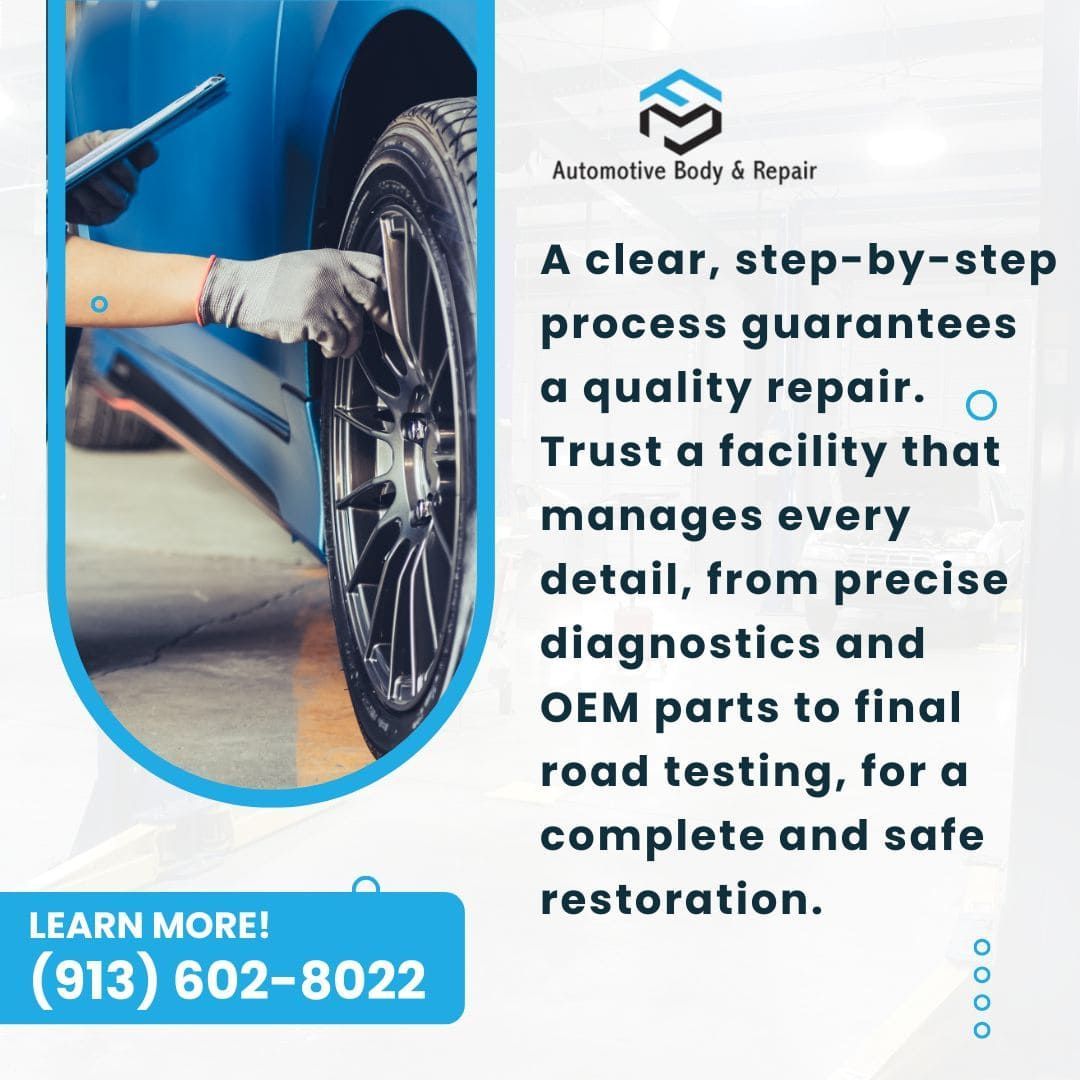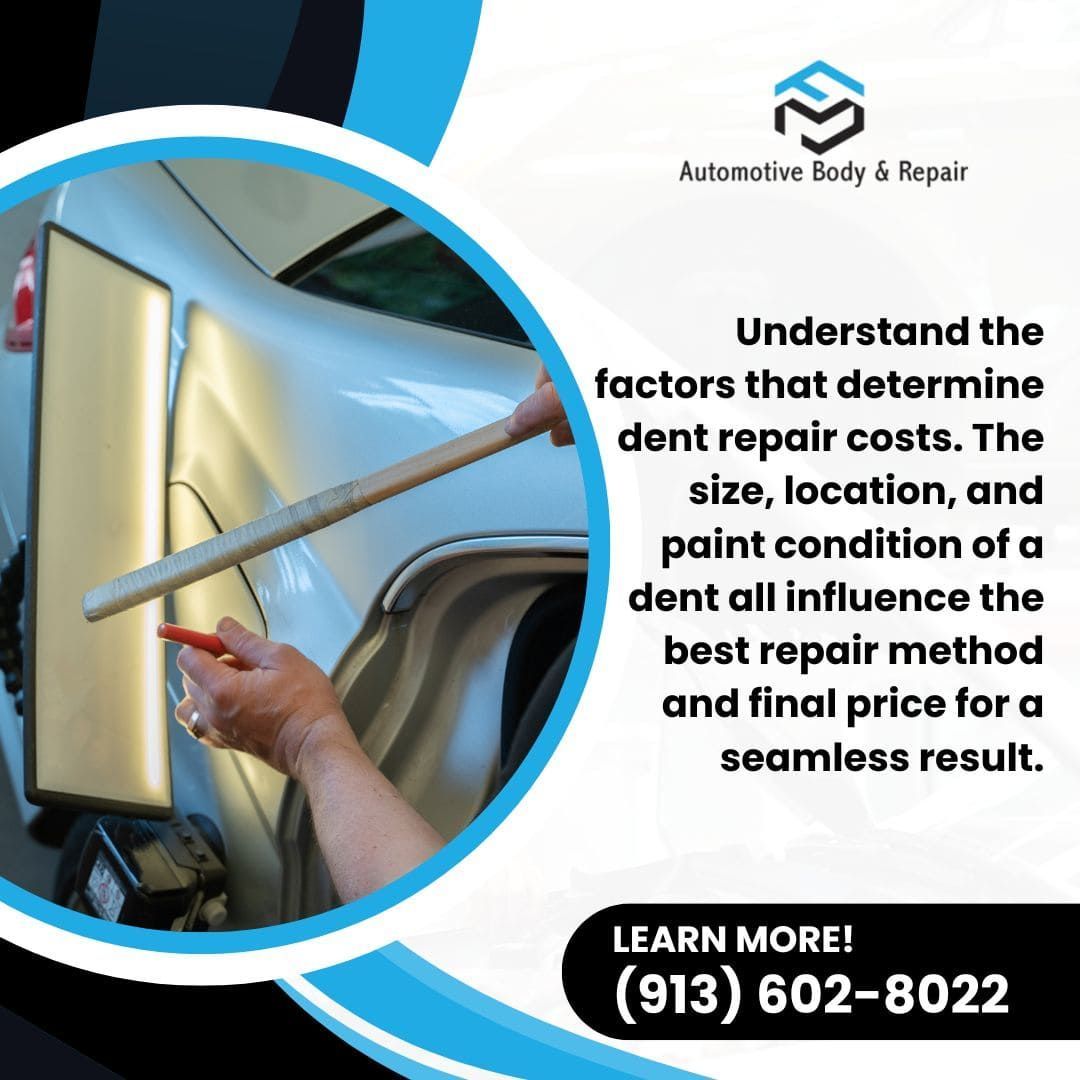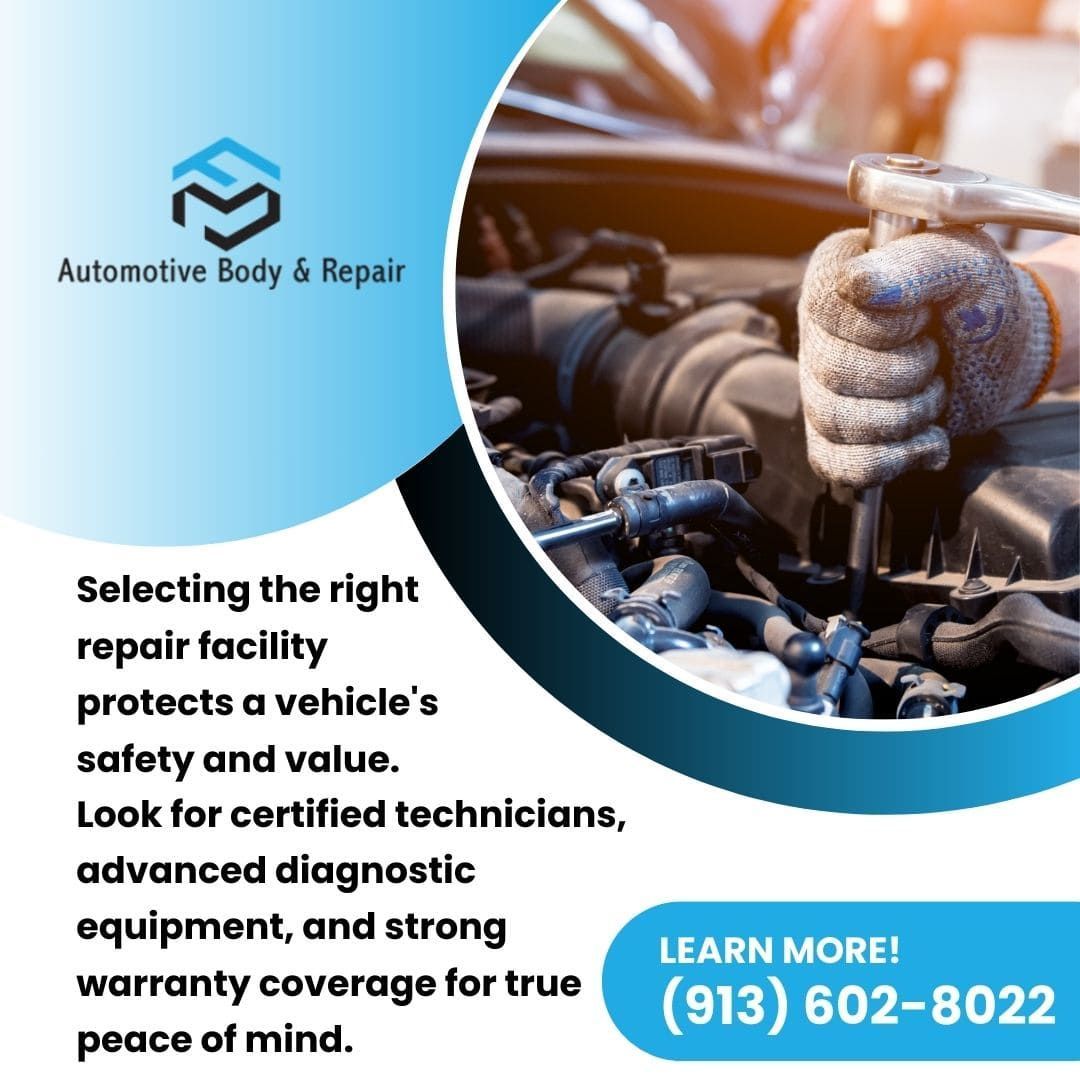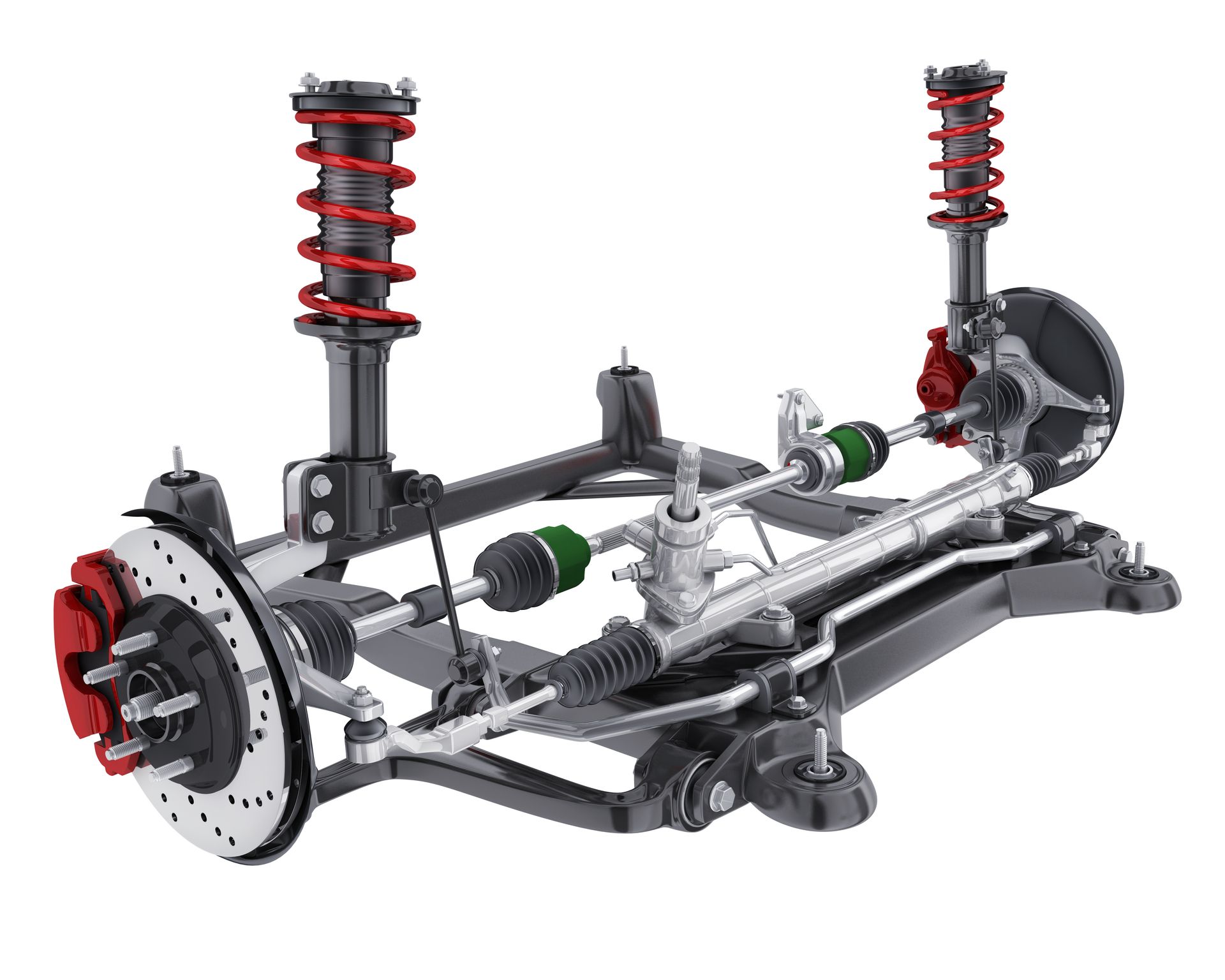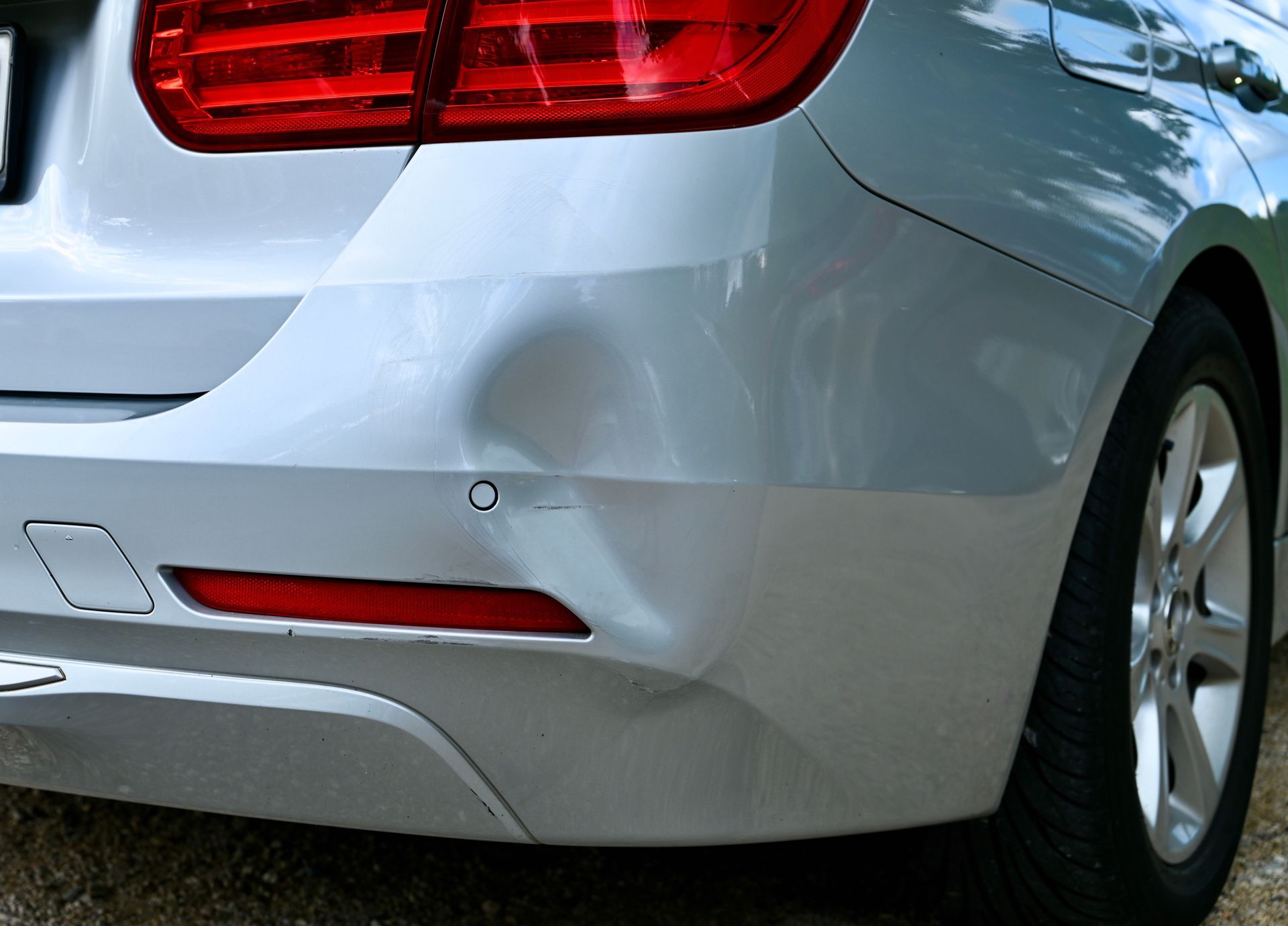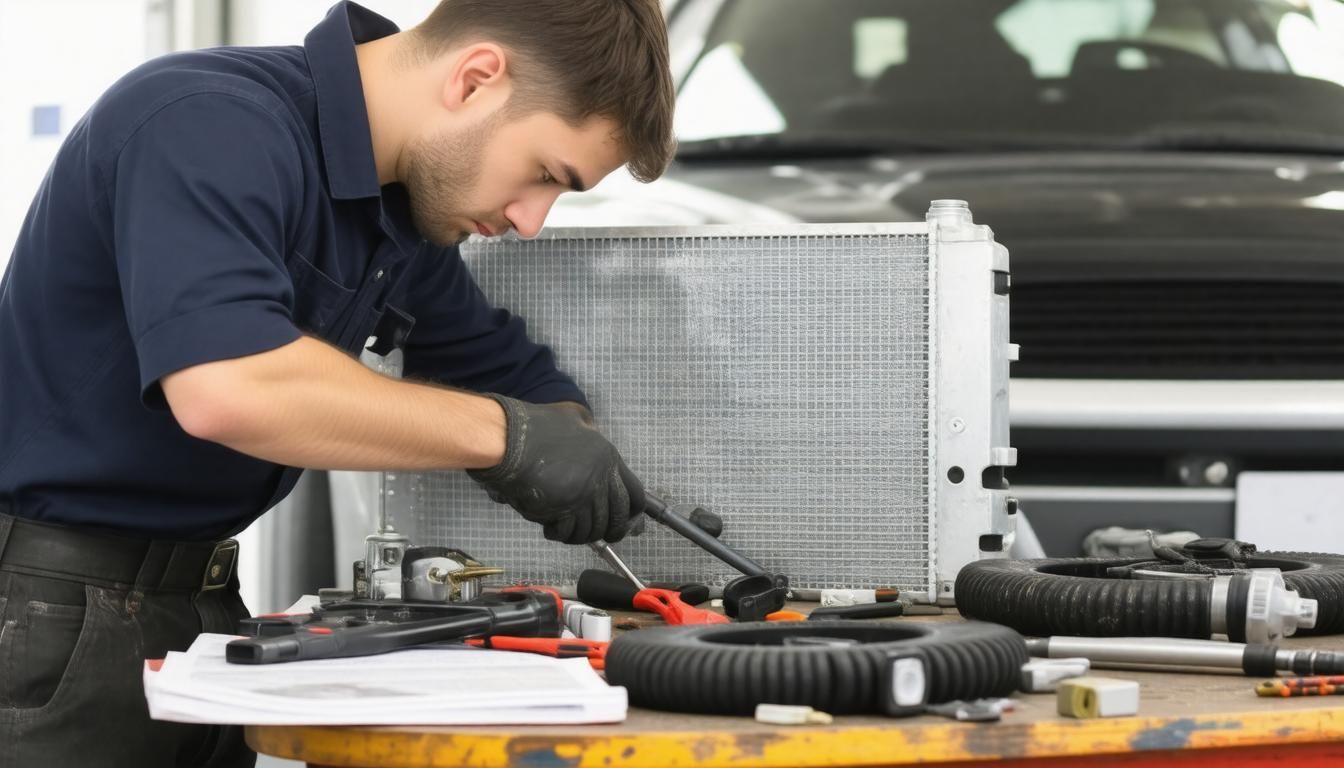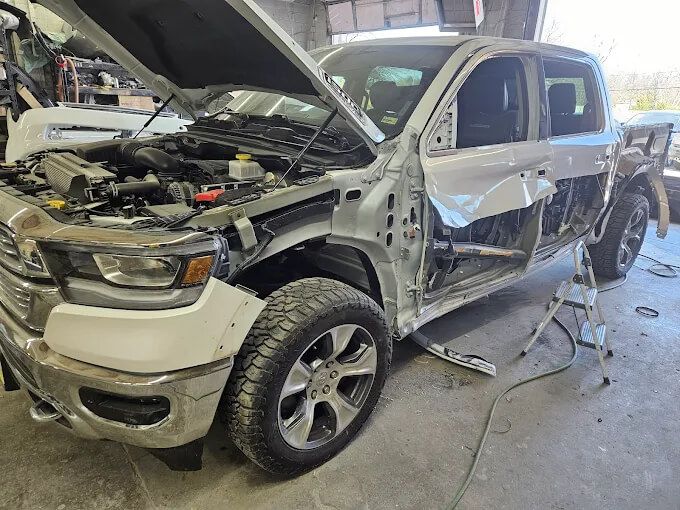Glancing at a dent on your car, you might shrug it off as a minor cosmetic flaw. But there's a whole world of potential problems hiding beneath that seemingly harmless ding. These blemishes are not just aesthetic blips; they could be the tip of an iceberg leading to more serious issues with your cherished ride. Let's delve into the hidden dangers that dents and body damage pose, revealing why they warrant more than just a passing glance.
Structural Compromise
A dent might seem superficial, but it can weaken your car's structural fortitude. Imagine it as a tiny breach in a fortress wall, subtly diminishing your vehicle's resilience against future incidents.
Body imperfections can also discreetly affect your car's aerodynamics and balance. These changes, while invisible during a regular drive, can become evident and even problematic at higher speeds or in demanding conditions.
The Creeping Rust and Corrosion
When a dent strips away protective layers, it leaves the metal underneath vulnerable to rust. This isn't just a question of aesthetics; think of rust as a silent saboteur, slowly compromising your car's strength.
Rust has a sneaky way of expanding beneath the surface, paving the way for hefty repair bills in the future. What starts as a minor dent could evolve into a major repair job.
Impact on Market Value
It's not just about the car's appearance. Dents and body damage can significantly dent your vehicle's market value. To prospective buyers, these flaws are red flags, hinting at potential neglect or underlying issues.
A car's exterior condition often mirrors its overall maintenance. Keeping the body pristine isn't just about pride; it's a signal to potential buyers about the care invested in the vehicle.
Hidden Damage
Often, a small exterior dent masks more significant damage underneath. This hidden harm can affect crucial components, impacting everything from cooling systems to sophisticated sensors.
Particularly concerning are dents near modern cars' technological aids like sensors and cameras. Such damage can disrupt the functionality of crucial safety features, potentially putting you at risk.
Long-Term Maintenance and Repair
Ignoring dents can lead to escalating maintenance and repair costs. Early intervention can prevent these seemingly minor issues from morphing into major financial headaches.
Investing in prompt dent repair can save you significant expenses down the line. It's a case of paying a little now to avoid paying a lot later.
Preventative Measures Against Body Damage
When it comes to preserving the longevity and aesthetics of your vehicle, taking proactive steps to prevent body damage is crucial. It's not just about fixing issues as they arise; it’s about implementing strategies to avoid them in the first place. By adhering to a few simple yet effective practices, you can significantly reduce the risk of dents, scratches, and other forms of body damage that compromise your car's integrity and appearance.
Here are some practical tips to keep your vehicle looking pristine and functioning optimally:
- Mindful parking
- Use protective accessories
- Regular cleaning and waxing
- Safe driving practices
- Garage parking
- Avoid harsh weather
- Regular inspections
Body damage can be prevented, but not completely. Accidents happen, and the team at F & M Automotive Body & Repair understands that. Contact us, and we will fix any damage, small or big!
